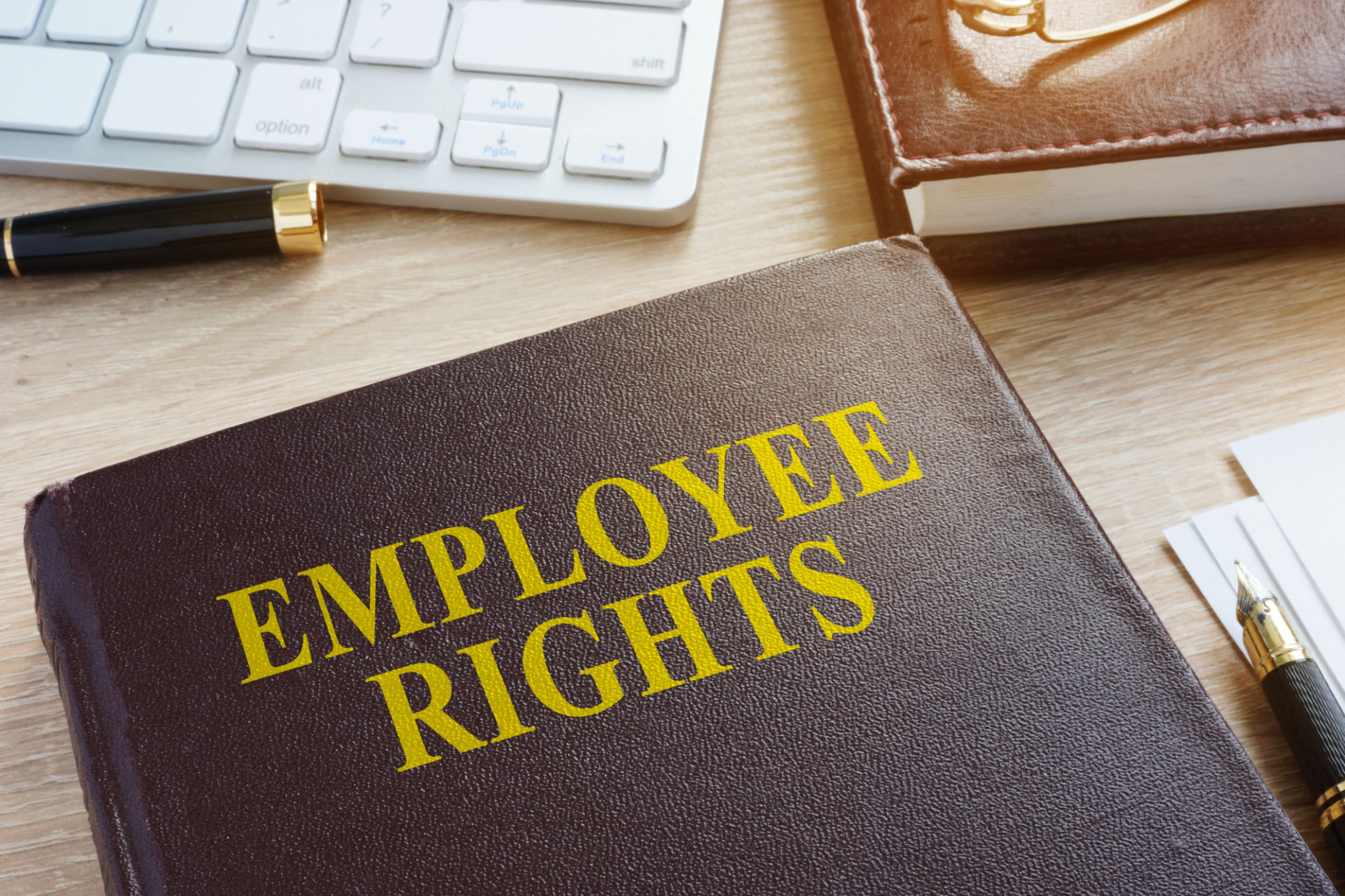Case Study: Winning a Wage Dispute as a Low-Income Employee
Understanding Wage Disputes
Wage disputes are unfortunately common, especially among low-income employees who may lack the resources or knowledge to advocate for themselves. A wage dispute arises when there is a disagreement between an employee and employer regarding compensation. This can include unpaid wages, overtime pay, or incorrect wage calculations. Understanding your rights is the first step in addressing these issues.
Low-income employees often face significant challenges when it comes to wage disputes. These challenges can be compounded by limited access to legal resources and fear of retaliation. However, knowing your rights under labor laws can empower you to take action and seek justice.

How to Identify a Wage Dispute
Identifying a wage dispute is crucial for taking timely action. Some common signs of a wage dispute include receiving less pay than agreed upon, not being compensated for overtime work, or discrepancies in your paychecks. It is essential to keep detailed records of your hours worked and any communication with your employer regarding pay.
Keeping track of your work hours and compensation ensures you have evidence if you need to file a formal complaint. Additionally, understanding the basic wage laws in your region can help you determine whether your rights are being violated.
Steps to Resolve a Wage Dispute
Once you've identified a wage dispute, it's important to follow a structured approach to resolve it. Here are key steps you can take:
- Document Everything: Keep detailed records of your work hours, pay stubs, and any communication with your employer.
- Communicate with Your Employer: Start by discussing the issue with your employer or HR department to seek an amicable resolution.
- Seek Legal Advice: If discussions do not lead to a resolution, consider consulting with a labor attorney or local workers' rights organization.
- File a Formal Complaint: If necessary, file a complaint with the relevant labor authorities or take legal action.

Case Study: A Success Story
Consider the story of Maria, a single mother working in a retail store. Maria noticed discrepancies in her overtime pay over several months. Despite her initial hesitance, she decided to take action. By meticulously documenting her work hours and pay stubs, Maria was able to present clear evidence of underpayment.
After an unsuccessful attempt to resolve the issue with her employer, Maria sought assistance from a local legal aid organization. With their support, she filed a formal complaint with the labor department. The investigation confirmed the discrepancies, and Maria successfully recovered her unpaid wages.

The Importance of Advocacy and Support
Maria's case highlights the importance of advocacy and support for low-income employees facing wage disputes. Accessing resources such as legal aid organizations and workers' rights groups can make a significant difference in achieving a favorable outcome.
These organizations often provide free or low-cost legal assistance and can guide employees through the process of resolving wage disputes. Empowering employees with knowledge and support can help level the playing field against employers who may otherwise exploit their workers.
Lessons Learned
The key takeaway from Maria's experience is the importance of awareness and action. Low-income employees should not feel powerless in the face of wage disputes. By understanding their rights, keeping detailed records, and seeking the right support, employees can successfully navigate these challenges.
This case study serves as a reminder that even individuals in vulnerable positions can achieve justice and fair compensation through persistence and support. Wage disputes should not be ignored, as addressing them promptly can lead to positive change not only for individuals but also for workplace practices as a whole.